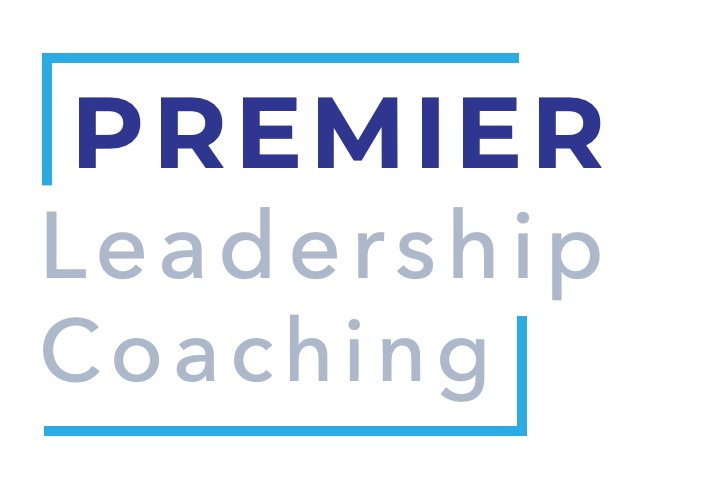You Don’t Know and That’s The Truth
“I know” is a common refrain among leaders. Leaders like to say it and people like to hear it.
It creates a sense of security in both the speaker and the receiver. Saying it feels strong, sure, and right. Hearing it makes us feel safe and steady. Hence, our attraction to “I know” isn’t such a mystery. Unfortunately, over time, our bias for “knowing” has become mistaken for good leadership – a sign of strength and a hallmark of a good leader.
I am not a stranger to the “I know” fallacy. As a mom, it is what I tell my kids when they are scared. I use different versions of it. Things like, “don’t worry, everything is OK,” “nothing bad is going to happen to you,” and “do it like this, it is the right way.” It is all par for the course – an adult guiding a young, less experienced child. It goes on all the time in households all over the world throughout the ages. I like to think that given my role as a parent, I get a hall pass for lying. And that given my children’s ages, they get a pass for needing this type of assurance. But passes don’t change the fact that my “I knows” are pure baloney.
I don’t know… How can I? Who would expect me to? Why do people other than my kids even need that from me? There are 7,800,000,000 people on the planet, 1,597,675,921,459,200 square feet of land, and 6,500 languages spoken on Earth today – it is a wonder I would know anything.
And leaders don’t know either. “I know, this is the way, I am right” are all false. Worse than false they are red flags – mostly innocent and well-intentioned, but warning signs nonetheless. Leaders are lying to themselves and others when they speak and act in this way. And our mistaking this perhaps unintentional deception for leadership is a shame on us. Leaders take on the role of the omnipotent parent and we willingly become the naïve child. But thankfully we aren’t children and those that lead us aren’t our parents. Thus, we all would be better served, achieve more favorable outcomes, and come up with more interesting solutions if we stopped pretending that we know.
Burdening our leaders with the unrealistic expectation of knowing, bogging them down with unnecessary stress that our need for certainty brings isn’t just unfair to our leaders it is unwise as well. Without the heavy load that accompanies “I know,” we create space for experimentation, innovation, and exploration. It is so much more interesting than knowing and ultimately much more fruitful too.
Let’s be people who can handle a more honest approach. Let’s find a different litmus test for 21st-century leadership. Let’s be leaders who show respect to the people who journey with us by having the courage to own fully our not knowing.
I suggest running with, “how about we try,” “maybe we could see,” “I think it could be,” “I wonder if it is,” “I suspect it might,” and “we will figure it out together.” More words, more truth, more bravery, and better results – an escape route from a fiction with limited efficacy at best.

